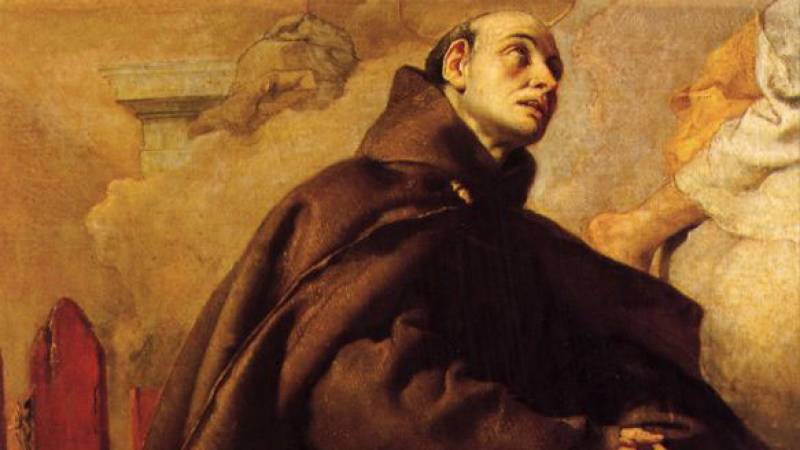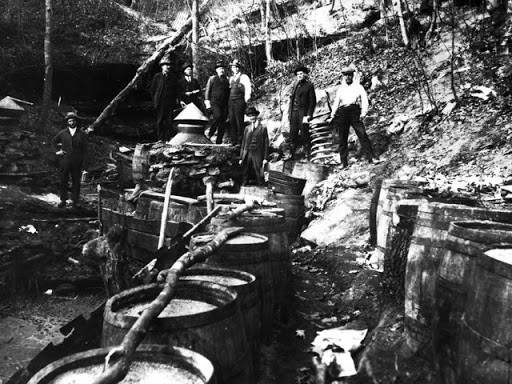
17 mai, Saint Pascal Baylon. Frère mineur en Espagne (✝ 1592)
Pascal est né dans le pays d’Aragon en Espagne, dans une famille de cultivateurs fort modestes. Durant son enfance, tout en gardant les moutons, il se plongeait avec délices dans la prière silencieuse qui lui donnait le désir de se consacrer à Dieu. Mais n’étant pas accepté dans la vie religieuse à cause de son manque d’instruction, il se place comme berger près du couvent pour participer aux offices, au moins de loin, quand sonnait la cloche. Finalement, il put entrer comme frère convers chez les franciscains et il y remplit la tâche de portier. Il rayonnait par son amabilité et sa douceur envers tous ceux qui se présentaient à la porte du couvent. Beaucoup de gens pour cette raison venaient lui demander conseil, même des prédicateurs qui estimaient que sa théologie était celle du cœur et non pas celle d’un intellectuel. Maltraité par les Huguenots au cours d’une mission dans la France déchirée par les guerres de religion, il leur pardonna en disant que c’est pour servir Dieu qu’ils l’avaient ainsi traité. Il puisait sa force dans sa ferveur pour l’Eucharistie et passait de longues heures en adoration silencieuse devant le Saint Sacrement. Après sa mort, les miracles se multiplièrent sur sa tombe. Le Pape Léon XIII le nomma patron des Congrès eucharistiques.
Pascal was born in the country of Aragon in Spain, in a family of very modest farmers. During his childhood, while tending the sheep, he immersed himself with delight in silent prayer which gave him the desire to consecrate himself to God. But not being accepted into religious life because of his lack of education, he places himself as a shepherd near the convent to participate in the services, at least from afar, when the bell rings. Finally, he was able to enter as a lay brother with the Franciscans and he fulfilled the task of porter there. He radiated with his kindness and gentleness towards all those who presented themselves at the door of the convent. Many people for this reason came to him for advice, even preachers who felt that his theology was that of the heart and not that of an intellectual. Abused by the Huguenots during a mission in France torn apart by religious wars, he forgave them, saying that it was to serve God that they had treated him thus. He drew his strength from his fervor for the Eucharist and spent long hours in silent adoration before the Blessed Sacrament. After his death, miracles multiplied at his grave. Pope Leo XIII named him patron of the Eucharistic Congresses.
Source : nominis.cef.fr

Le 17 mai est le 137e jour de l’année du calendrier grégorien, le 138e en cas d’année bissextile, il reste 228 jours avant la fin de l’année.
C’était généralement le 28e jour du mois de floréal dans le calendrier républicain français, officiellement dénommé jour de la buglosse.
Dicton : « À la Saint-Pascal, traiter les pucerons, c’est radical. »
Célébrations : journée internationale contre l’homophobie et la transphobie.
May 17 is the 137th day of the year in the Gregorian calendar, the 138th in case of a leap year, there are 228 days left before the end of the year. It was usually the 28th day of the month of Floréal in the French Republican calendar, officially referred to as Bugloss Day.
Saying: “At Saint-Pascal, treating aphids is radical. »
Celebrations: International Day Against Homophobia and Transphobia.

RELATED POSTS
View all


